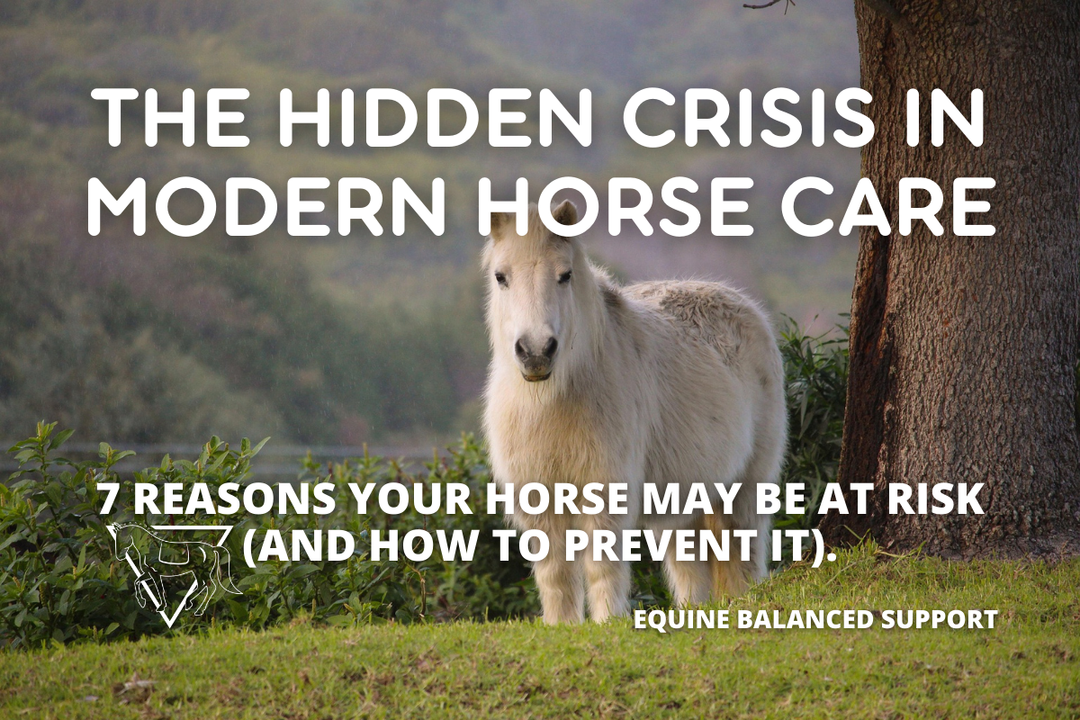Low-NSC Horse Treats: Safe, Healthy Options for Happy Horses

Understanding Low NSC Treats for Horses: A Healthy Choice for Your Equine Friend
What Are Non-Structural Carbohydrates (NSC)?
NSC refers to the sum of simple sugars and starches in a feed or forage. While carbohydrates are an essential source of energy for horses, high levels of NSC can pose health risks for certain individuals, particularly those with:
- Equine Metabolic Syndrome (EMS)
- Cushing's Disease (PPID)
- Laminitis (Founder)
- PSSM (Polysaccharide Storage Myopathy)
For these horses, consuming too many sugars and starches can exacerbate their conditions, causing significant health issues. To avoid such risks, treats should ideally have an NSC content below 10% on a dry matter basis.
Why Choose Low-NSC Treats?
Low-NSC treats help manage blood sugar levels, reduce the risk of laminitic episodes, and ensure a safer diet overall. By opting for treats with minimal sugars and starches, horse owners can provide occasional rewards without jeopardizing their horse's health.
Best Low-NSC Treat Options
1. Plain, Fresh Vegetables
Many vegetables are naturally low in NSC and provide a satisfying crunch. Great options include:
- Carrot slices (in moderation—carrots contain more sugar than some veggies)
- Celery sticks
- Cucumber slices
- Radishes
2. Plain, Fresh Fruits
While some fruits are higher in sugar, others can be offered in limited quantities:
- Apple slices (choose tart varieties like Granny Smith and serve sparingly)
- Berries (blueberries, raspberries, or strawberries are good options)
3. Unsalted Peanuts for Horses
Peanuts, as long as they are unsalted and still in their shells, make an excellent low-NSC treat. They are a great source of healthy fats and protein, adding variety to your horse’s snack options. Most horses enjoy cracking the shells, making them a fun and engaging choice.
4. Commercial Low-NSC Horse Treats
- Grazers Nutri-Treats: Made from a combination of timothy hay and beet pulp, these are both palatable and safe for horses with dietary restrictions. Grazers Nutri-Treats are made with whole food ingredients that make them nutrient-dense and enhanced with electrolytes + probiotic because every bite counts.
- Other timothy hay-based treats or beet pulp-based cookies (unsweetened).
5. Homemade Low-NSC Treats
If you enjoy making your own treats, try mixing safe ingredients such as:
- Unsweetened beet pulp (soaked and dried for treat formation)
- Ground flaxseed
- Chopped timothy hay or alfalfa pellets (with low NSC content)
- Water or unsweetened applesauce for binding
Basic Recipe: Mix 1 cup of soaked beet pulp with ½ cup of ground flaxseed and form into small balls. Bake at 300°F (150°C) for 15–20 minutes or until dry.
6. Plain Hay Cubes
For an easy, no-prep option, small hay cubes made from low-NSC forages like timothy or orchard grass can be an excellent snack.
Tips for Choosing and Feeding Treats
- Portion Control: Even low-NSC treats should be given in moderation, especially for horses with dietary restrictions.
- Know Your Forage: Always account for the NSC content of your horse's hay or pasture to avoid exceeding their daily NSC allowance.
- Check Labels: If purchasing commercial treats, look for those explicitly labeled "low NSC" or "metabolic-safe." Avoid products with molasses, corn, or grain-based fillers.
Conclusion
Low-NSC treats offer a safe and satisfying way to show your horse some love while safeguarding their health. Whether you’re using fresh vegetables, unshelled peanuts, commercial products like Grazers Nutri-Treats, or homemade recipes, the key is to choose options that align with your horse’s dietary needs. By being mindful of NSC levels, you can ensure your horse stays happy, healthy, and well-cared for.
So go ahead—spoil your equine friend with these healthier treat alternatives. They’ll thank you with every crunch!





Leave a comment